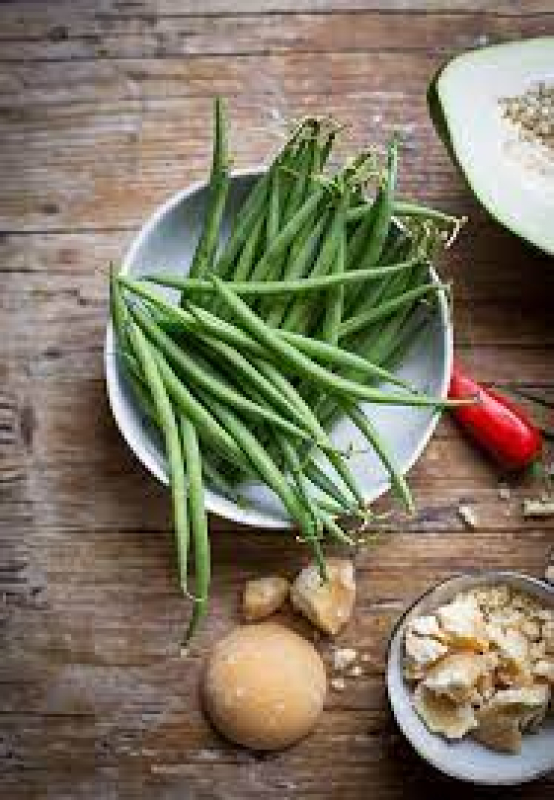- Govt to cut savings certificate profit rates from January |
- Gold prices hit fresh record in Bangladesh within 24 hours |
- Election to be held on time, Prof Yunus tells US Special Envoy |
- Moscow wants Dhaka to reduce tensions domestically, also with Delhi |
- Saarc experts meet to reduce livestock-origin greenhouse gases |
What are the alternatives to onions for tasty, healthy cooking?

Due to the recent surge in onion prices, many are looking for an alternative to onion for their daily food habit.
Onions are a key ingredient in cooking, especially in Bangladesh and other Asian countries where it is used extensively.
However, due to the recent surge in onion prices, many are looking for an alternative to onion for their daily food habit. Some are even calling for a temporary halt to the consumption of onions via Facebook events, hoping this will lead to a decrease in prices.
While onions are an important ingredient, they are not indispensable. There are tasty dishes that can be cooked without onions. Let's explore alternatives to onions in cooking:
Garlic Tempering
Instead of onions, you can use a combination of chilli, garlic, and panch phoron (a traditional Bengali spice blend). This method can be used to cook delicious dishes like lentils, fritters, and cauliflower, enhancing the taste and aroma of the food.
Raw Papaya
Raw papaya serves as an effective substitute for onions. It is often used as a salad ingredient. Additionally, boiled and mashed raw papaya can be added to thicken gravy. It's beneficial for liver health and digestive issues and is also helpful for those with heart disease.
Using a puree made from steamed and peeled tomatoes in place of onions can make dishes like fish, meat, and vegetables tastier and more colourful and tasty. Tomato is known to have more health benefits than onions.
Capsicum can replace onions. They enhance the flavour of food, adding a unique taste and aroma to vegetable dishes, fish, and meat stews.
Spring Onion
If one desires the taste of onions in their cooking without actually using onions, they should consider using spring onions or green onions. This alternative will provide a flavour that closely resembles that of regular onions.
Chives
Chives are a good alternative to onions, with a similar taste. They resemble green onions but do not form bulbs. Chives are leafy plants, with linear leaves. Only the above-ground parts are edible. Its leaves, stems and flowers can be used as spices. They aid in digestion, help control various diseases, and have anti-cancer properties. They are rich in Vitamin C, B1, B2, niacin, carotene, and minerals.
In 2017, the Bangladesh Agricultural Research Institute (BARI) developed a high-yielding cultivar called BARI Chive-1.

